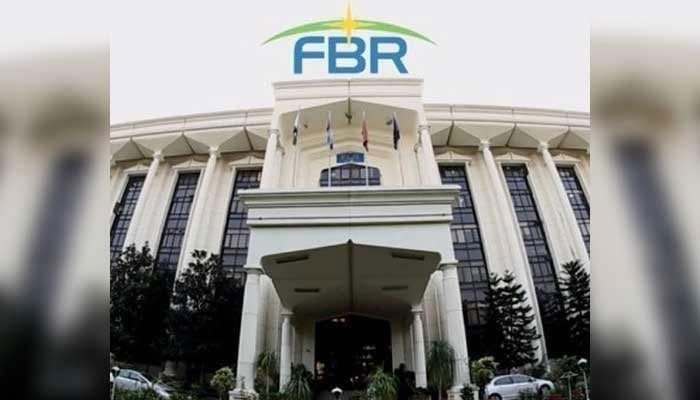The Federal Board of Revenue (FBR) has expressed its willingness to amend the tax scheme according to the demands of traders, signalling a potential shift in the ongoing discussions over tax collection.
According to FBR sources, a revised note could be issued promptly if traders agree, with proposed changes including exempting small traders from tax liabilities.
One of the significant amendments under consideration is simplifying the income tax return form and issuing it in easy-to-understand Urdu.
Additionally, there is a proposal to exempt businesses with an annual turnover of up to Rs 100 million from sales tax.
Earlier, Rana Ehsan Afzal, the Prime Minister’s coordinator, had asserted that the federal government would not succumb to pressure from traders, insisting that retailers must be brought into the tax net.
However, he indicated that the government remains open to negotiations.
A nationwide strike is being observed by traders across Pakistan to protest the recent hike in electricity bills and the imposition of new taxes.
The strike, called by various trader associations in addition to support from opposition political parties, has led to the closure of business centres in major cities including Karachi, Lahore, and Islamabad.
Laying out their demands, Ajmal Baloch, president of the All Pakistan Anjuman Tajiran, and Kashif Chaudhry, chief of the Markazi Anjuman Tajiran, earlier said that if the government is earnest about engaging with business owners, it must first retract the ‘Tajir Dost Scheme’ notification.
They proposed that the government should target high-profile individuals for tax collection to alleviate the country’s financial troubles and reduce reliance on the IMF.
They also urged the government to avoid imposing additional taxes on the public, asserting that traders will not accept arbitrary tax demands.
They warned that the strike could be extended indefinitely if the government does not rescind the notification.
The traders also criticised the prime minister for admitting that the budget was influenced by the IMF, calling it highly embarrassing. Additionally, they highlighted that traders face high electricity costs while government officials and bureaucrats enjoy various benefits.


